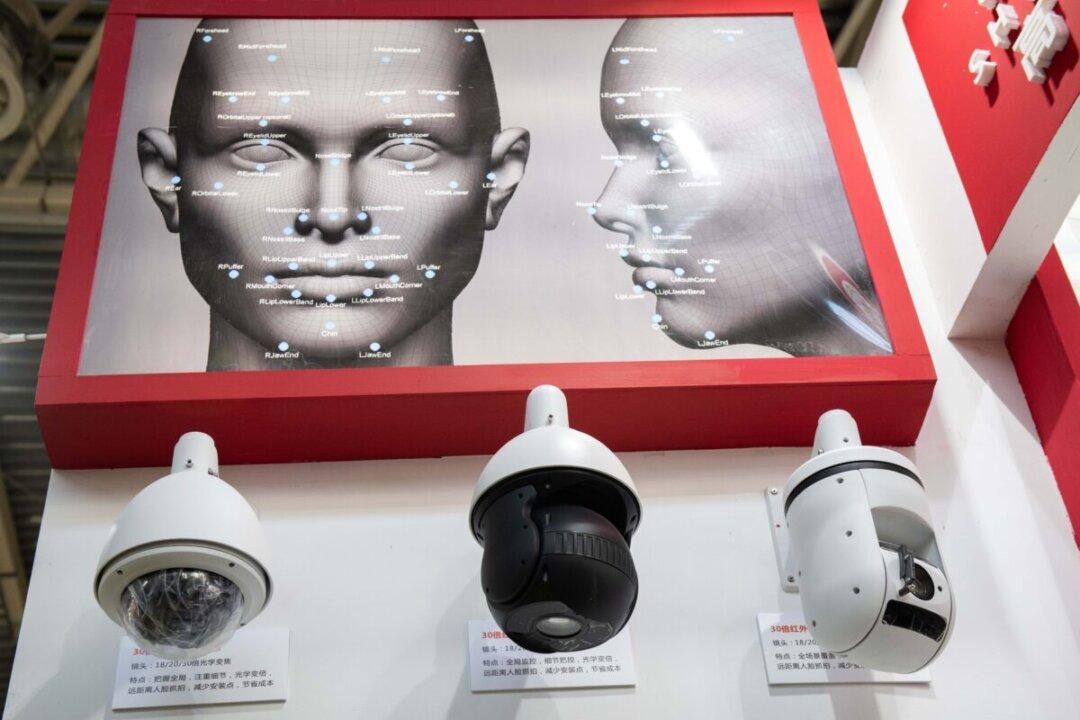Artificial intelligence (AI) has advanced to such a level that criminals can now surveil and know “everything” about their targets, including predicting where the targets could be at some point in the future, experts warn.
“There are services online that can use a photo of you, and I can find everything. Every instance of your face on the internet, every place you’ve been, and use that for stalker-type purposes,” Kevin Baragona, the founder of creative AI service DeepAI.org, told Fox News in a May 30 interview.





